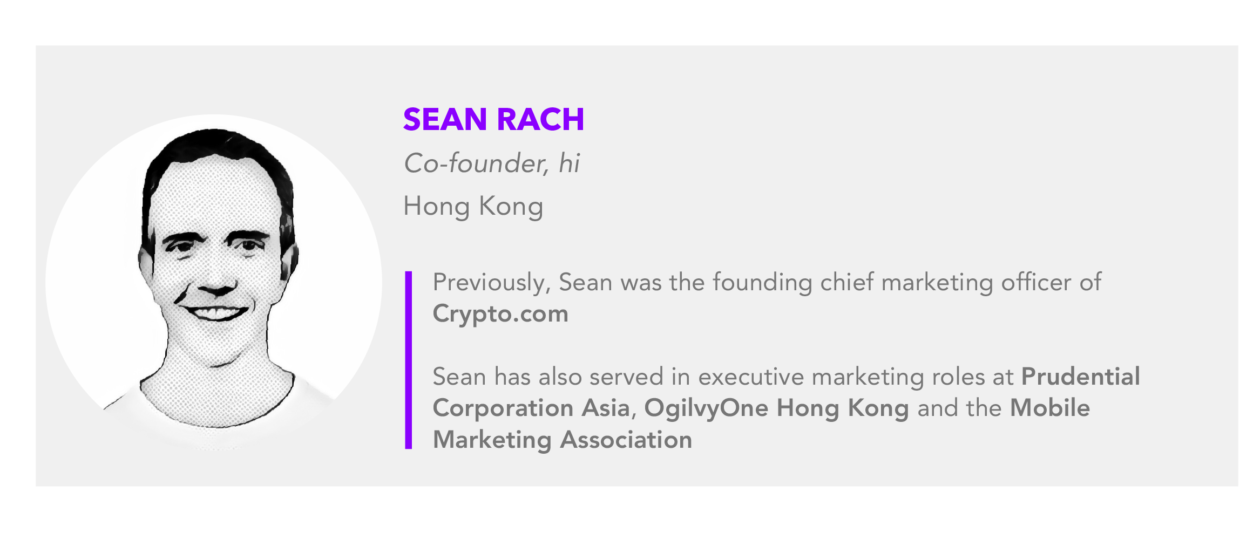For years, the modern business paradigm has been shaped by the fact that there are winners and losers. There is an acceptance that a zero-sum game exists, where one person’s loss is another person’s gain. What’s more, often the starting point is profit. However, this game is changing.
There is a growing sense of inequity and unfairness in the system. The Edelman Trust Barometer found that 56% of people believe that capitalism as it exists today does more harm than good in the world. The corporate modus operandi of profit and shareholder returns is no longer just a business issue, but a social one.

Now more than ever, corporations are facing greater scrutiny from both their customers and the public. We have witnessed trading apps come under the spotlight for monetizing people’s data to trade against them. Banks are facing criticism for profiting from their customers through overdrafts and fees, all the while undertaking share buybacks to the tune of billions to bolster their share price with little benefit to customers. With money from so-called stimulus packages being funnelled into the stock market, the resentment from everyday consumers has never been stronger.
Today’s consumers are looking for organizations with purpose, that bridge the inequity and fairness gap. Some traditional institutions are answering this through philanthropy and other initiatives in an attempt to distract us, yet this barely addresses the root of what needs to change.
For consumers seeking to be liberated from the status quo, Web3 is fast becoming the clear alternative. This is an iteration of the internet based on public blockchain technology, thus by design removing the need for intermediaries, centralized ownership and decision-making. As a result, we can expect to see new business models emerge. Instead of profit-oriented corporations, we can expect more cooperatives and decentralized autonomous organizations (DAOs). Platforms such as the likes of Mirror.xyz and Audius are a testament to this, which have become equitable alternatives to traditional journalism and centralized streaming platforms respectively.
Decentralized finance (DeFi) in particular, is not without its critics. Earlier this month, Senator Elizabeth Warren stood in front of the Senate Banking Committee labelling DeFi as the “most dangerous part of the crypto world” since it was not centrally regulated and criticized stablecoins as a financial product that would “take a nosedive,” hurting small investors along the way. Yet did fully regulated, traditional financial products fare much better in maintaining stability during the 2008 financial crisis or serve the best interests of the public?
Besides, Senator Warren is sidestepping the fact that people are choosing stablecoins because they have lost confidence in the system and are turning to alternatives that are better at keeping their value. When inflation is hitting 6.9%, a bank’s interest rate of 0.1% does little to prevent the erosion of your money, versus stablecoins which on some DeFi platforms, are offering around 10%.
When it comes to financial services, challenger banks are the current alternative to traditional banking institutions. While often differentiating through their digital first experiences and deals, are no different in their business models. However, in a Web3 world, customers are not only seeking a better experience, but they also want to be a part of a more equitable bank and become a part of its ecosystem. Another study by Edelman in 2021 found that 63% of consumers believe they have the power to make companies change.
This is why we will see banks born into the Web3 world, structured as credit unions, cooperatives or even DAOs. Underpinned by blockchain technology, these Web3 banks will be owned, controlled by, and benefit its members. Profits generated will be directly reinvested into the bank either to further advance its features or in the form of value back to customers. It becomes a virtuous cycle of value creation within a community, versus an engine for extracting value from individuals and into the hands of profit-driven shareholders.
Membership will be represented by the ownership of tokens that not only hold value but are powerful and tangible symbols of stake and participation within the community. Indeed, these are the reasons why we chose to establish hi.com as a not-for-profit, community-driven service and why we believe there is a growing need for a Web3 credit union.
The growing interest in cryptocurrencies on one hand can be attributed to the euphoria, but on the other, there is a growing population of people that are losing faith in the current system. Increasing inflation, perpetual quantitative easing, and inequitable financial services are all giving rise to a modern form of rebellion. Today’s consumers have never had so much choice and freedom. Increasingly they are taking finances into their own hands and making conscious choices. They can choose to boycott organizations that are contrary to their values, or indeed put their money in organizations they believe in.
For this reason, credit unions will become a symbol of a new generation of banking in a Web3 world. They will be defined by a community-driven modus operandi of equitable, fair and efficient financial services. We are on the cusp of a revolution, and there has never been a more exciting time to get involved.




